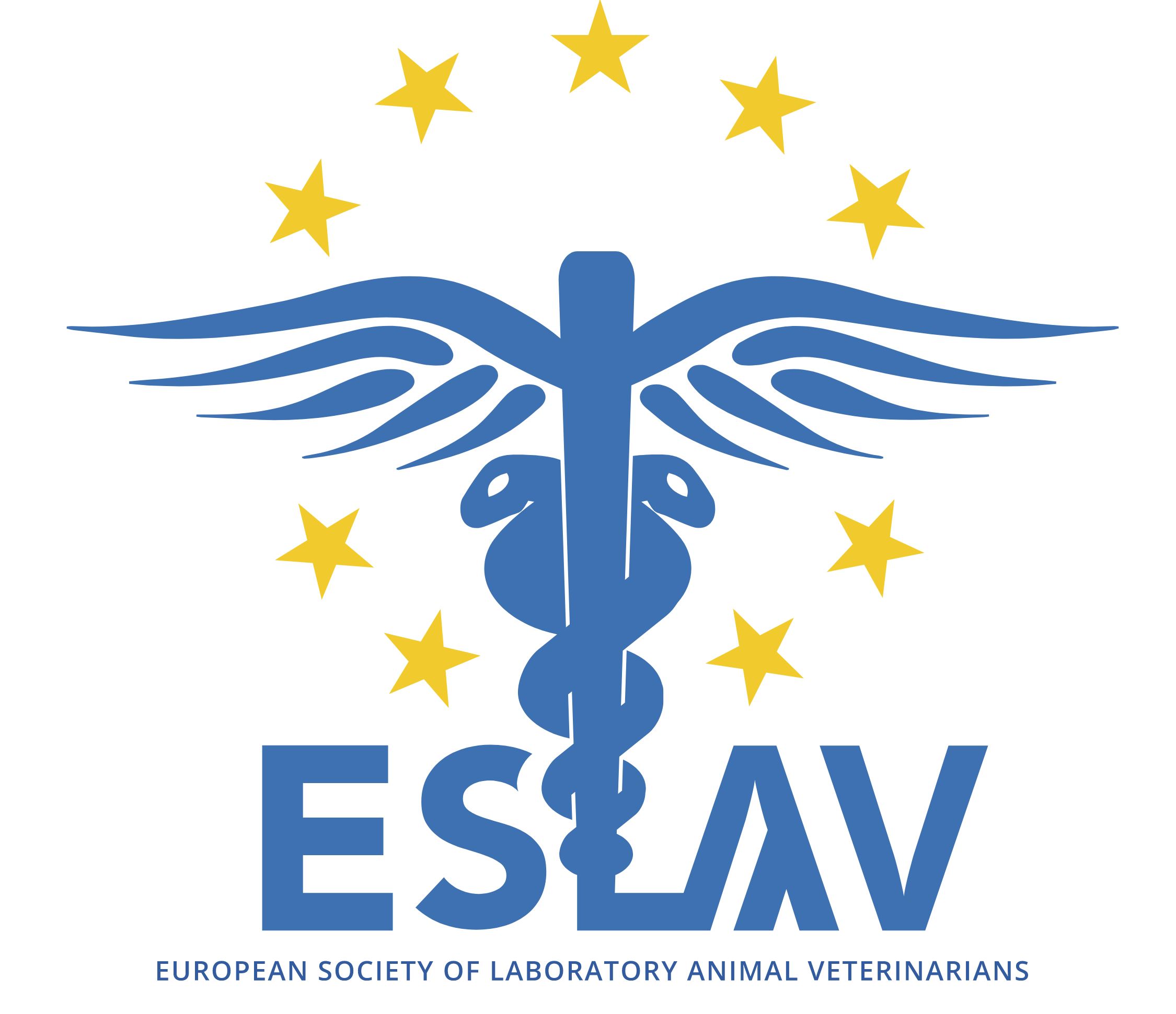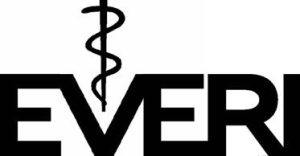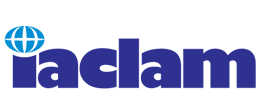Other Associations
International is a private, nonprofit organization that promotes the humane treatment of animals in science through voluntary accreditation and assessment programs. AAALAC stands for the “Association for Assessment and Accreditation of Laboratory Animal Care.”
More than 850 companies, universities, hospitals, government agencies and other research institutions in 36 countries have earned AAALAC accreditation, demonstrating their commitment to responsible animal care and use. These institutions volunteer to participate in AAALAC’s program, in addition to complying with the local, state and federal laws that regulate animal research.
Some of the institutions that have earned AAALAC accreditation include the Sloan-Kettering Cancer Center, St. Jude Children’s Research Hospital, The American Red Cross, and the National Institutes of Health.
Why is AAALAC’s role important?
For some, animal research is a controversial topic. But like others in the animal welfare arena, AAALAC endorses the use of animals to advance medicine and science when there are no non-animal alternatives, and when it is done in an ethical and humane way.
When animals are used, AAALAC works with institutions and researchers to serve as a bridge between progress and animal well-being. This is done through AAALAC’s voluntary accreditation process in which research programs demonstrate that they meet the minimum standards required by law, and are also going the extra step to achieve excellence in animal care and use.
In this way, AAALAC International is where science and responsible animal care connect.
American Association for Laboratory Animal Science
AALAS is an association of professionals that advances responsible laboratory animal care and use to benefit people and animals.
The American Association for Laboratory Animal Science (AALAS) is a membership association of professionals employed around the world in academia, government, and private industry who are dedicated to the humane care and treatment of laboratory animals, as well as the quality research that leads to scientific gains that benefit people and animals. AALAS provides educational materials to laboratory animal care professionals and researchers, administers certification programs for laboratory animal technicians and managers, publishes scholarly journals, supports laboratory animal science research, and serves as the premier forum for the exchange of information and expertise in the care and use of laboratory animals. Below is a sampling of the programs, products, and services we provide our members and the laboratory animal science community.
The American College of Laboratory Animal Medicine (ACLAM) is a specialty board recognized by the American Veterinary Medical Association (AVMA) as the certifying organization for laboratory animal medicine, a recognized specialty within the veterinary medical profession. ACLAM was founded in 1957 to:
- encourage education, training, and research in laboratory animal medicine;
- establish standards of training and experience for veterinarians professionally involved with the care and health of laboratory animals; and
- recognize qualified persons in laboratory animal medicine, through certification examination and other means.
Candidates who pass the ACLAM certification exam receive the title of Diplomate. ACLAM has certified over 525 veterinarians as active specialists in the field of laboratory animal medicine.
ACLAM’s active membership comprises over 706 Diplomates. There are 625 active Diplomates, 69 retired Diplomates, and 12 honorary members.
FELASA, the Federation of Laboratory Animal Science Associations, represents common interests in the furtherance of all aspects of laboratory animal science (LAS) in Europe and beyond. Membership is open to LAS associations of nations of Europe.
FELASA was established by these organisations in 1978.
FELASA publishes guidelines, recommendations and policy documents on topics relevant for laboratory animal cience.
FELASA maintains relations with national, international and governmental bodies concerned with laboratory animal science in Europe, notably the Council of Europe, the European Commission and European Parliament and continuously seeks collaborations with laboratory animal science associations outside Europe.
FELASA organises triennial international congresses.
EVERI is an umbrella organization of national and European associations of veterinarians employed in the sectors of education, research and/or industry, founded in 2005. The objectives of EVERI are to provide members with up-to-date information on CoE and EU policies and legislation related to education, professional qualifications, medicines and welfare of laboratory animals, to provide a platform for veterinarians working in those fields, to promote professional representation at the level of European decision making bodies, and to be a coordinator between the different members and FVE. The constituent organization has members employed by academia, profit and non-profit research, pharmaceutical or commercial organizations, or act as consultants for these.
EVERI’s mission is to promote the health and well being of man and animals by creating a better understanding with the general public of the benefits of research, innovation and education in veterinary sciences.
EVERI was officially welcomed as FVE Section during the 2005 November General Assembly in Brussels.
The Laboratory Animals Veterinary Association (LAVA) is a non-territorial specialist division of the British Veterinary Association (BVA).
LAVA’s members are veterinary surgeons and students from the UK and elsewhere who are interested in laboratory animal medicine and science. Many members act as Named Veterinary Surgeons under the Animals (Scientific Procedures) Act 1986 in a full or part time capacity. Vets working in academic, drug discovery, commercial and contract research environments are represented as clinicians or in other aspects of the care and use of animals in biomedical research. LAVA promotes best practice and the dissemination of new technologies through its biannual meetings and other avenues. It represents laboratory animal vets at national and international level when needed for discussions and decision making on laboratory animal law, welfare, ethics, transport, techniques and disease.
The purpose of the association is to –
- Promote the dissemination of information concerning laboratory animals throughout the Veterinary profession by meetings, lectures, discussions and publications as considered appropriate.
- Promote the advancement of veterinary knowledge and skills in subjects connected with the breeding, maintenance of health, welfare and use of laboratory animals; and to encourage study groups and post-graduate courses for these purposes.
- Exchange information and encourage other forms of collaboration between this and other Societies in allied scientific disciplines.
The National Centre for the Replacement, Refinement and Reduction of Animals in Research (NC3Rs) was established in May 2004, following the recommendation of a House of Lords Select Committee report on Animals in Scientific Procedures, published in July 2002.
The NC3Rs replaces and builds upon the Medical Research Council’s Centre for Best Practice for Animals in Research (CBPAR) following a survey of scientific stakeholders by led the Inter-Departmental Group on the 3Rs (IDG3Rs).
The NC3Rs has progressed many of the activities that were proposed in the report of the House of Lords Select Committee (e.g. those relating to experimental design, welfare assessments of genetically altered mice and web resources).
The Centre has since embarked on an extensive and ambitious portfolio of new activities to achieve advances in the 3Rs in the UK.
The Centre’s mission is to use the 3Rs to support science, innovation and animal welfare in the biosciences.
The NC3Rs is dedicated to all 3Rs – replacing, refining and reducing the use of animals in research and testing.
Many areas of medical, veterinary and biological research and testing currently depend on the use of animals. An important challenge is to develop scientifically robust non-animal alternatives. Where animal use continues to be necessary, every effort must be made to minimise the numbers of animals used and to improve their welfare.
Investing in, advancing and implementing the 3Rs are important for scientific, legal and ethical reasons.
IACLAM brings together national and regional Colleges of Laboratory Animal Medicine. IACLAM provides a common platform at the global level for communication by, and representation of, these Colleges and their Diplomates.
Currently, there are five full member colleges and one Associate Member College. The five Full Member Colleges are the American College of Laboratory Animal Medicine (ACLAM), the European College of Laboratory Animal Medicine (ECLAM), the Indian College of Laboratory Animal Medicine (ICLAM), the Japanese College of Laboratory Animal Medicine (JCLAM) and the Korean College of Laboratory Animal Medicine (KCLAM). The Philippine College of Laboratory Animal Medicine (PCLAM) has joined IACLAM as an Associate Member College in 2022. Should other Colleges of laboratory Animal Medicine be established elsewhere in the world, they can be considered for membership in IACLAM.
IACLAM assists achieving the shared objectives of all these laboratory animal medicine specialty organizations to promote the welfare and responsible use of laboratory animals through the certification of veterinary specialists, education, the dissemination of information relevant to the field, and serving as research partners.
IACLAM is an association of associations, specifically the member Colleges of laboratory animal medicine. Appointed representatives of these Colleges serve on the IACLAM Board. IACLAM is an associate member of the World Veterinary Association (WVA).
IACLAM, the International Association of Colleges of Laboratory Animal Medicine
ECLAM certifies laboratory animal veterinarians by conferring the Diploma of the European College of Laboratory Animal Medicine. It is certified by the European Board of Veterinary Specialisation (EBVS) which additionally awards the title EBVS (TM) European Veterinary Specialist in Laboratory Animal Medicine to all active Diplomates.
The Diploma and Specialist titles are the highest qualifications for laboratory animal veterinarians in Europe.
To read more visit the ECLAM website.









